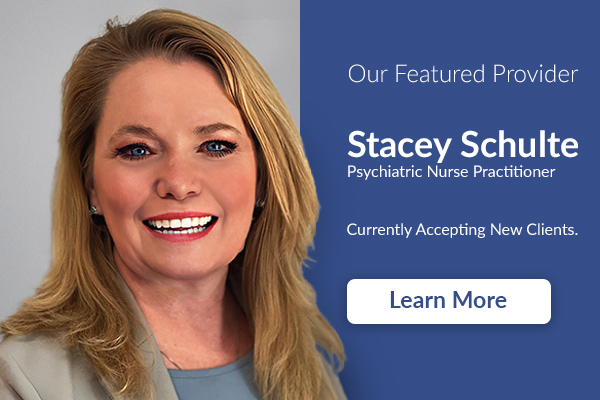
James and the Quiet Road Ahead to Retirement
James spent most of his life building a career in finance—numbers, spreadsheets, deadlines, and the hum of constant activity. He was good at it. In fact, he was more than good; he was excellent. But now, after over 35 years of loyal service, it was time for James to retire. He had earned it. His financial position was solid. Yet, as the months before his retirement date ticked by, James felt a tightening in his chest every time he thought about it.
He wasn’t sure exactly when it started—the anxiety. Maybe it was when his colleagues started talking about their upcoming retirement plans, swapping ideas about vacations and hobbies. Maybe it was when his children, now adults, asked him what he was going to do with all his free time. Maybe it was when his boss gave him that last pat on the back and told him, “Enjoy yourself. You’ve earned it.”
But the more James thought about it, the more he felt the ground beneath his feet slipping away. His job had defined him for so long, and without it—what was left? Who would he be without that daily routine? How would he find purpose in retirement? The thought of waking up without a schedule, without meetings, without emails, was more than uncomfortable. He also faced the uncomfortable truth that given his dedication to his career, he hadn’t made many friends of his own. His social life was largely determined by his wife and the friendships she had forged. However, he had a few ideas about what he could do in retirement — travel, volunteer, take up a hobby, but the overwhelming feeling was that he wasn’t ready. He didn’t feel “finished” even though he knew it was time to move on.
It wasn’t just about the loss of the job, though. James realized that he was afraid of losing his identity. His whole adult life was intertwined with his work. Who would he be once that part of him was gone? What did it even mean to be “retired”?
His anxiety grew, and soon it wasn’t just a tightness in his chest; it was a weight that followed him through his day. He found himself feeling disconnected from his friends and family, even his wife, Sarah. She could sense that something was off. He was snapping at her for no reason, and he wasn’t engaging in their usual weekend walks or dinners out. His mind was always racing, always back to that looming transition.
One evening, Sarah turned to him and said gently, “James, I think you need to talk to someone about this. You’ve been carrying this stress around for months, and it’s wearing on you. And me.”
At first, James was defensive. He was fine. He didn’t need to go to therapy. He could handle it. But Sarah was persistent. “What’s the harm in seeing someone? This is a big life change. It might help.”
After some hesitation, James agreed. Sarah had a friend who went to counseling at SamaraCare and believed it to be a trusted resource offering high-quality mental health care. James finally made an appointment after reviewing several counselors’ background on SamaraCare’s website and selected one named Maria, who specialized in life transitions.
The first session was a bit awkward. James sat with his arms crossed, his feet tapping anxiously. Maria, however, was calm and nonjudgmental. She simply asked him to talk about what was going through his mind about retirement.
For some intangible reason, James felt he was in a safe space. And so, James began. He spoke of his fear of no longer having a purpose, of feeling invisible in a world that seemed to value productivity above all else. He spoke of his fear of stagnation, of being seen as “old” or irrelevant. And he spoke of his fear of not knowing who he would be without the work he had done for so long.
Maria listened intently. After a while, she asked him, “Do you think your worth as a person is tied to your job?”
James blinked, thrown off by the question. “I… I don’t know. Maybe? I guess it has been, for a long time.”
Maria smiled softly. “That’s completely understandable. But maybe retirement isn’t the end of your story. Maybe it’s the beginning of something new, something you haven’t even imagined yet. Let’s explore what else you might value in your life, outside of your work.”
Over the course of a couple of months, James found himself slowly unburdening his thoughts. Maria helped him explore the layers of his identity—the parts that had been buried beneath the surface for so long. She helped him to understand that he wasn’t just his job title. He was a father, a husband, a friend, a lover of history and travel, a curious soul with passions that had always been waiting for his attention. Through the counseling process, James came to realize that retirement wasn’t about disappearing or becoming irrelevant. It was about rediscovering himself, finding new ways to engage with life, and learning to embrace the changes ahead with open arms.
Maria also helped him develop tools to manage his anxiety, teaching him mindfulness techniques and how to reframe his negative thoughts. He learned to breathe through the discomfort and to sit with uncertainty instead of fearing it. In time, James realized that his anxiety wasn’t about retirement—it was about the fear of change and the unknown. By breaking down his feelings and addressing them directly, with Maria’s help, he began to feel a sense of peace. Slowly, the anxiety that had once plagued him gave way to a sense of freedom and purpose.
On his first official day of retirement, James woke up with a sense of calm. He didn’t feel lost anymore. Instead of fearing the quiet road ahead, he embraced it. He knew he would be forever grateful for the help and guidance Maria and SamaraCare provided. As he sipped his morning coffee, he smiled and said to himself, “I’m ready.”
And he was.

